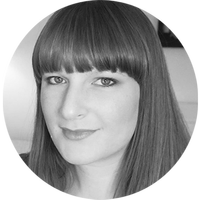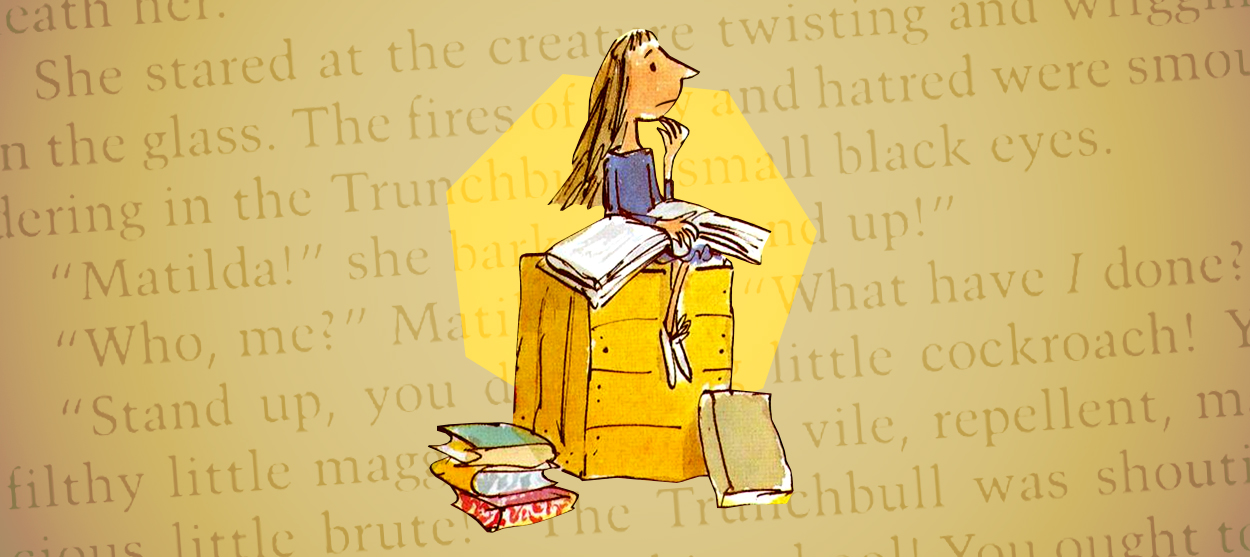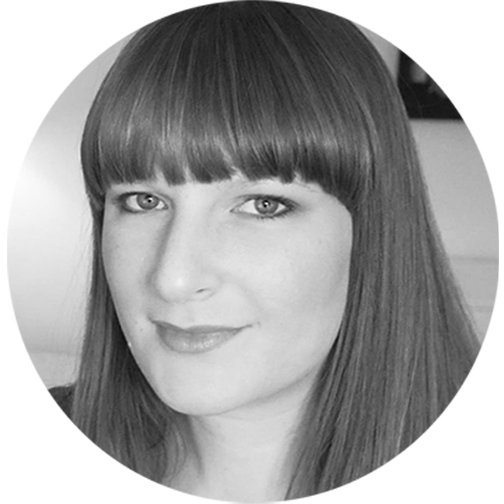Are my favorite childhood books teaching bad things to my kids?
Wait, Roald Dahl wrote that about women?


A free daily email with the biggest news stories of the day – and the best features from TheWeek.com
You are now subscribed
Your newsletter sign-up was successful
Reading to my children is one of my great parenting pleasures, and I'm in a particularly sweet spot with my 7-year-old daughter. She's at the stage where she's delighted to dive into some of my own beloved childhood chapter books — and she still wants me to read them to her.
Right now, we're churning through books by Roald Dahl, the British author of Charlie and the Chocolate Factory, The Witches, and many more magically twisted children's tales. Dahl's writing meant so much to me as a child growing up in the U.K. that when his death was announced in 1990, I cried then wrote a mournful and badly spelled tribute on the inside cover of my battered copy of Matilda. I still have the book, and finally reopened it three months ago.
I couldn't wait to jump in all over again with my daughter, because I vividly remember the book's effect on me as a kid. The struggles and talents of Matilda, the 5-year-old titular hero, entranced me, and I was morbidly thrilled by the terrifying headmistress character, Miss Trunchbull, who has a penchant for violently assaulting her tiny students. Just this, I imagine, would render it unpublishable today. But it didn't concern grown-up me unduly, because despicable adults in fiction don't seem to bother my kids.
The Week
Escape your echo chamber. Get the facts behind the news, plus analysis from multiple perspectives.

Sign up for The Week's Free Newsletters
From our morning news briefing to a weekly Good News Newsletter, get the best of The Week delivered directly to your inbox.
From our morning news briefing to a weekly Good News Newsletter, get the best of The Week delivered directly to your inbox.
But what I wasn't expecting to find, diving back into this and other childhood favorites, was more than a mild sprinkling of sexism. While Dahl's plotting and writing have aged brilliantly, many of the themes, nuances, and the author's own prejudices and predilections, have not.
Take Dahl's The BFG — a wonderful, magical book about a big friendly giant who spends his time catching dreams and "blowing" them into the bedrooms of children. At one point, the giant explains to his young female charge that little girls and little boys have very different dreams. "If I is giving a girl's dream to a boy," he says "even if is was a really whoppsy girl's dream, the boy would be waking up thinking what a rotbungling grinksludging old dream that was." This was jarring. I winced, then turned to my daughter and explained why the idea that boys and girls have different types of dreams was silly and untrue. She nodded solemnly, unsure of how she was supposed to react, then asked me to get on with the story, which she adored.
Many of Dahl's books include representation of women that can only be described as hateful. While plucky female heroes are present, irredeemably awful and physically repulsive women, like the aforementioned Miss Trunchbull, are more common. There are nasty, unattractive men and boys too, but the women seem to carry the brunt of it.
Of course, the same problems — and much worse problems — exist in other popular kids' books published in previous centuries. Classics like Peter Pan, The Little House on the Prairie series, and The Adventures of Huckleberry Finn have all been called out for their racist language and themes.
A free daily email with the biggest news stories of the day – and the best features from TheWeek.com
And I've been groaning at vintage kids' picture book for years. Those Berenstain Bear parents are a sexist nightmare. Take the classic tale, No Girls Allowed. When it emerges that Sister can climb higher, run faster, and hit a ball further than Brother, Mama asks Papa, "How would you have liked it when you were a cub if some little girl could outrun, outclimb, and outhit you?" Papa replies, "I wouldn't have liked it."
And even my hands-down favorite British picture book of all time, The Tiger Who Came to Tea from 1968, features a problem (a visiting tiger eats all the food in the house) that only the father character, upon returning from work, can fix. It's this kind of subtly sexist nod that I imagine burrows into the brains of children and takes root.
I'm certainly not the first parent to grapple with whether or not to share beloved yet outdated books with my children. One way to read a problematic book is to use it to create teachable moments, say the experts. "You have to begin anti-racist education and anti-discrimination education as soon as you can," Philip Nel, author of Was the Cat in the Hat Black? told The Washington Post. "Racist classics of children's literature — read in context — can provide an opportunity for education."
While I agree in theory, it's not always easy to explain underlying sexism or racism to young kids.
So, is there an argument to be made for just sticking to new, woke books and skipping over the old ones? Probably, yes. But I still love these old books. They're part of me and helped shape my imagination and my sense of humor. I've looked forward to reading my future children Matilda, The Witches, and James and the Giant Peach since I was a teenager. Now, we're sitting down every evening and getting lost in these tales, together. I just have to press pause occasionally to make sure my daughter knows why some of the content is dodgy.
Is this enough? I'm not sure. It's definitely a clunky and disruptive way to read a book to a child, but until I think of a better way to handle problematic themes and language in old books, I will keep on giving those footnotes.
Want more essential commentary and analysis like this delivered straight to your inbox? Sign up for The Week's "Today's best articles" newsletter here.
-
 How the FCC’s ‘equal time’ rule works
How the FCC’s ‘equal time’ rule worksIn the Spotlight The law is at the heart of the Colbert-CBS conflict
-
 What is the endgame in the DHS shutdown?
What is the endgame in the DHS shutdown?Today’s Big Question Democrats want to rein in ICE’s immigration crackdown
-
 ‘Poor time management isn’t just an inconvenience’
‘Poor time management isn’t just an inconvenience’Instant Opinion Opinion, comment and editorials of the day
